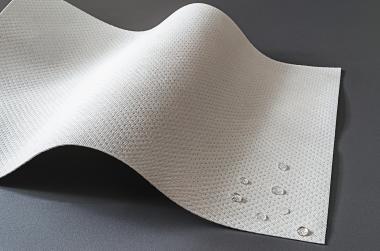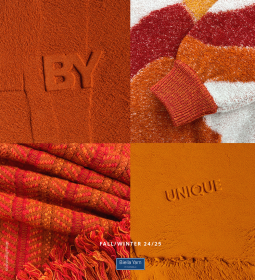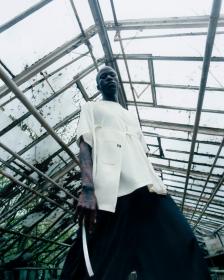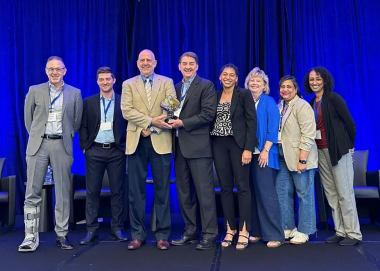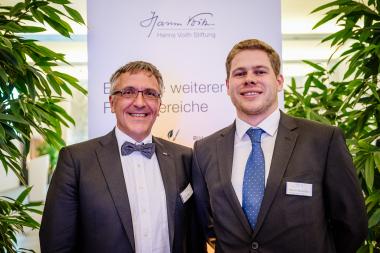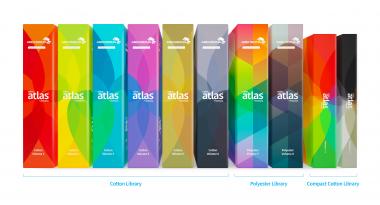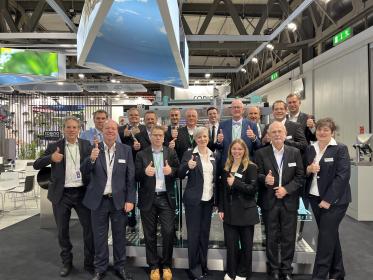BOGNER Fall/Winter 2023 Collection
Inspired by an elegant alpine express that carries its passengers through vibrant cities and breathtaking mountain landscapes, BOGNER presents its Fall/Winter 2023 collection, where modern, technical materials meet elegant, iconic silhouettes for a winter season full of activity, luxury and positivity.
BOGNER interprets the winter look with tailored pieces for sporty as well as relaxed activities for the journey to the mountain, on the mountain and after the mountain with light, natural fabrics like flannel, cashmere and various luxurious yarns like lambswool and jacquard knits.
Overall the BOGNER Fall/Winter 2023 collection offers a wide range of elegant and active styles - for sporty skiing and relaxed après ski adventures.
Willy BOGNER GmbH










